Stinging Nettle Tea
mamegirl
18 years ago
Related Stories
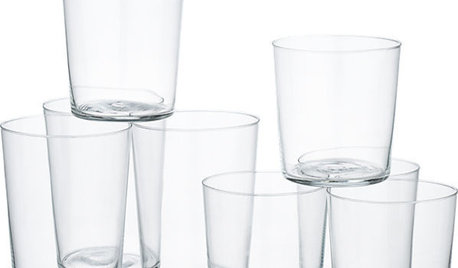
PRODUCT PICKSGuest Picks: Nicely Priced Glassware for All Occasions
Serve water or wine with equal aplomb — and without sweating a big breakage bill — thanks to these gorgeous, affordable glasses
Full Story
EDIBLE GARDENSGarden BFFs? Why Your Vegetables Are Begging for Companion Plants
Foster friendships among plants for protection from pests, pollination support and color camaraderie
Full Story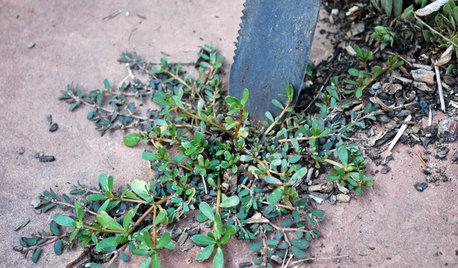
GARDENING GUIDES5 Ways to Naturally Win the Weed War
Show irksome weeds no mercy with these tricks for combating them sans chemicals
Full Story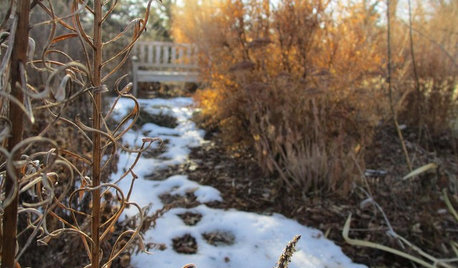
WINTER GARDENING6 Reasons I’m Not Looking Forward to Spring
Not kicking up your heels anticipating rushes of spring color and garden catalogs? You’re not alone
Full Story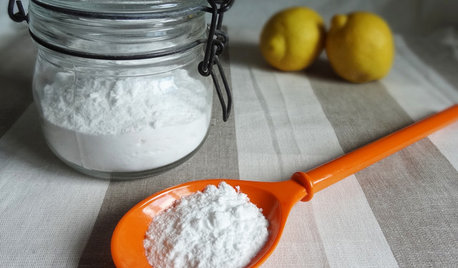
HOUSEKEEPINGBaking Soda: The Amazing All-Natural Cleanser You Already Own
Battle grime, banish odors and freshen clothes with this common nontoxic cupboard staple
Full Story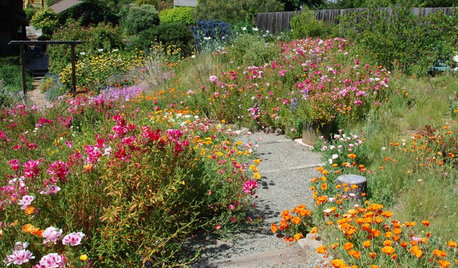
EARTH DAYHow to Design a Garden for Native Bees
Create a garden that not only looks beautiful but also nurtures native bees — and helps other wildlife in the process
Full Story
LANDSCAPE DESIGNFront-Yard Makeover Ideas With Mojo
Make a statement in your front landscape with one of these standout styles
Full Story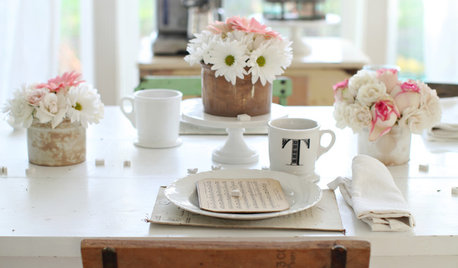
ENTERTAININGSummer Living: How to Welcome Weekend Guests
Thoughtful touches and smart planning make summer visitors feel right at home
Full Story
GARDENING AND LANDSCAPINGWorld of Design: 10 Home Gardeners Show Us Their Sweet Summer Harvests
From New York to Tokyo, these gardeners have turned their yards, terraces and rooftops into places of bounty
Full Story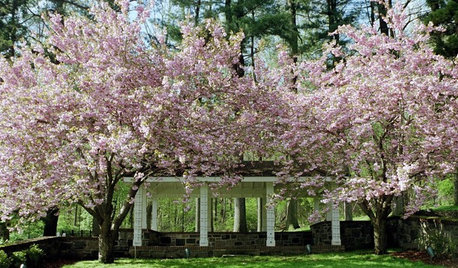
FEEL-GOOD HOME10 Ways to Fight Pollen at Home
Keep sneezing and stuffiness to a minimum by making your house as pollen free as possible
Full Story






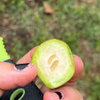

captaincompostal
mikkle
Related Professionals
Reading Landscape Architects & Landscape Designers · Alexandria Landscape Contractors · Williamsburg Landscape Contractors · Columbine Landscape Contractors · Cornelius Landscape Contractors · Lynchburg Landscape Contractors · Middleton Landscape Contractors · Seminole Landscape Contractors · Welby Landscape Contractors · Wethersfield Landscape Contractors · Yukon Landscape Contractors · Maple Heights Landscape Contractors · Coatesville Decks, Patios & Outdoor Enclosures · Green Bay Decks, Patios & Outdoor Enclosures · Waukesha Decks, Patios & Outdoor Enclosurespeter_6
robynlacy
nutrovita
carolb_w_fl_coastal_9b
Heathen1